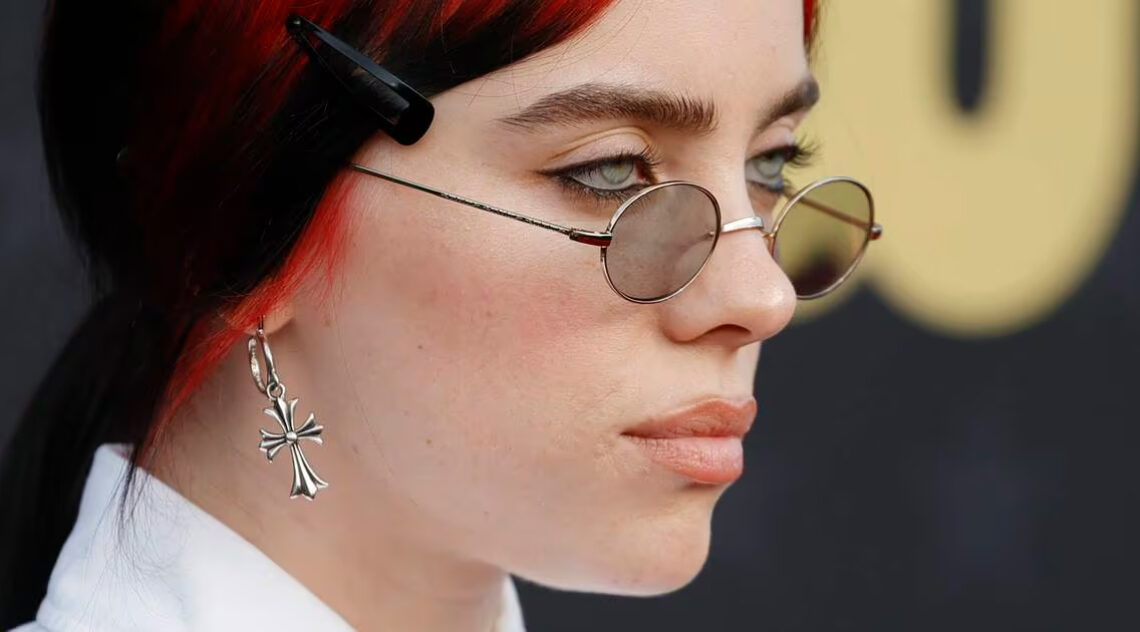
Just last Tuesday, The Artist Rights Alliance (ARA) published an open letter criticizing artificial intelligence (AI)signed by more than 200 prominent music artists, including Pearl Jam Nicki Minaj, Billie Eilish Stevie Wonder, Elvis Costello and the legacy of Frank Sinatra. In the letter, these artists urge AI developers, technology companies, platforms and digital music services to cease using AI to “violate and devalue the rights of human artists.”
According to the ARA, AI represents an “existential threat” to his art.
Artists’ concern about AI is not new. Since the emergence of the first AI image generators in 2022, professionals from various creative branches have expressed concerns. Now, musicians are joining this protest due to concerns about the use of generative AI to create music.
According to the open letter, some big companies are using the work of artists without permission to train AI models with the goal of replacing human artists with AI-generated content.
The battle between artists vs artificial intelligence
An example cited in the letter is that of Google DeepMindwhich would have trained a music-generating artificial intelligence in a large dataset of copyrighted music without asking permission from artists. This action has raised concerns about the protection of artists’ privacy, identity and livelihoods.
Although AI technology in music is not new, its adoption in Europe could be a significant change. Meanwhile, advances have been observed in musical synthesis models that have improved over time, although they have not yet reached a quality comparable to music created by humans.
The ARA recognizes the potential of AI to promote human creativity, but warns that replacing artists with generative AI could dilute royalties paid to artists, which would be devastating for many musicians. The letter concludes with a call to action, urging the industry to commit to not developing or implementing technology that undermines or replaces the human art of songwriters and artists.
However, Some experts note that artists’ protests may have limited impact on AI development. While these concerns are valid, technological advancement can continue despite them. Ultimately, the balance between human creativity and technology remains a hot topic in the entertainment industry.